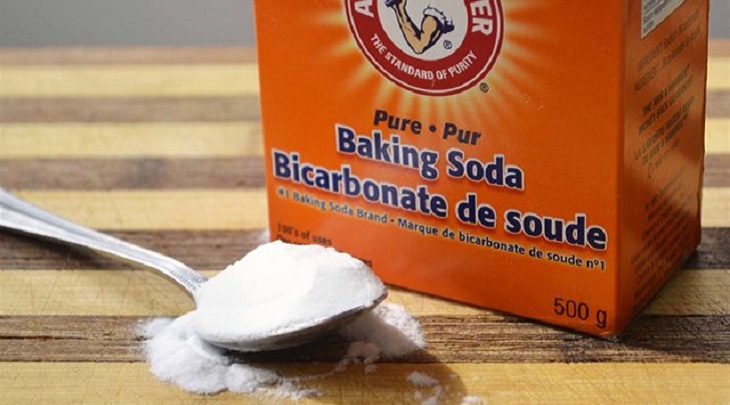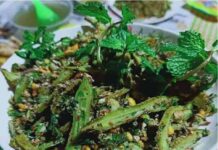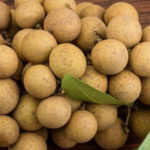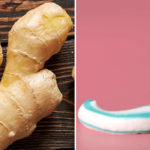Foods That Should Be Kept Out of the Refrigerator
Before storing vegetables and tubers in the refrigerator, it is important to properly categorize them. This is because each type of vegetable and tuber has its own specific temperature and humidity requirements. Therefore, there are certain types of vegetables and tubers that are best stored outside the refrigerator rather than inside. Here is a list of such vegetables and tubers:
Potatoes: For optimal storage, it is recommended to refrigerate newly harvested potatoes. However, for any remaining portions of the potatoes, it is best to wrap them in a paper bag and store in a cool, dark place for a period of 10 days. This will prevent sprouting while avoiding exposure to sunlight and moisture.
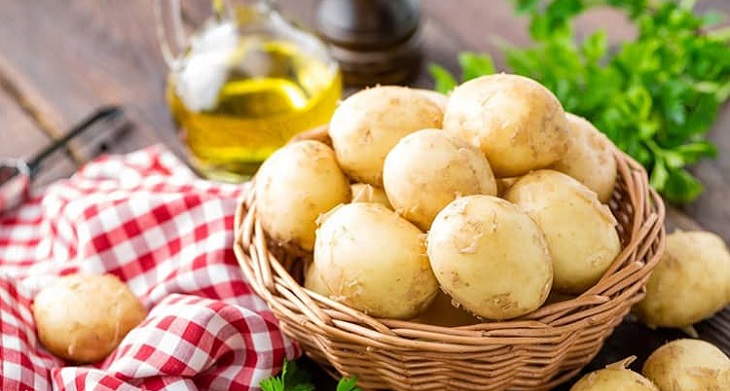
Tomatoes: It is recommended to avoid refrigerating tomatoes and instead store them in a cool area. Ensure to purchase only the necessary amount of tomatoes and consume them within 1-2 days to maintain their freshness.
When storing tomatoes, it is important to keep in mind their unique properties. Green tomatoes, for instance, should not be placed in the refrigerator as this will inhibit their ripening process and ultimately diminish their characteristic taste. On the other hand, ripe tomatoes that are left in the refrigerator for an extended period of time will become soft and lose their delightful flavor. Therefore, it is advisable to store tomatoes appropriately to preserve their deliciousness.
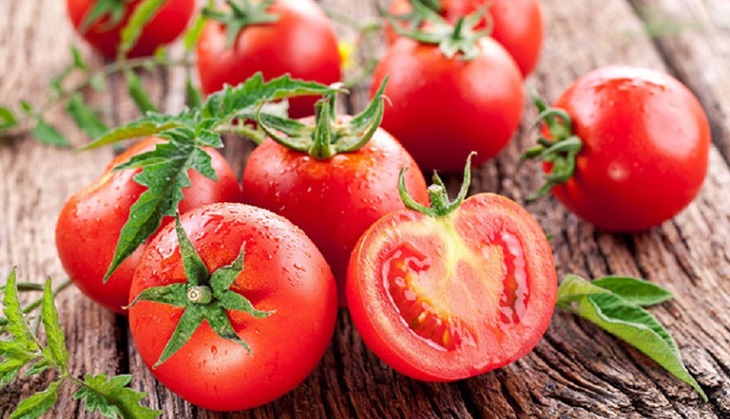
Storage Tips for Onions:
Onions should be kept in a cool, dark place to maintain their freshness and prevent spoilage. Avoid storing them in the refrigerator, as onions have a high moisture-absorbing property that can cause other foods to dry out and spoil quickly. By storing onions in a cool place, away from sunlight, they can stay fresh for up to one month.
For optimal preservation, it is advisable not to store peeled onions in the refrigerator. Doing so can result in an unpleasant odor permeating the refrigerator.
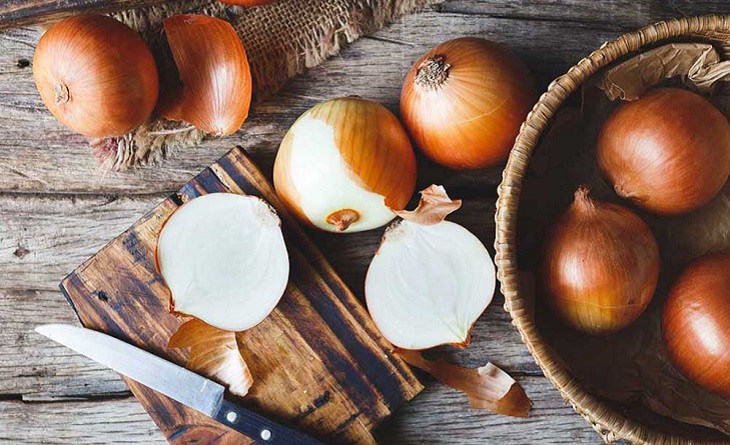
Snow peas: To properly store snow peas, begin by rinsing and cutting them into bite-sized pieces. Next, bring a pot of water to a boil and add a pinch of salt. Boil the snow peas for a short period of time before promptly transferring them to an ice bath for 2-3 minutes. Once cooled, place the snow peas in the refrigerator to maintain freshness for up to 2-3 days.
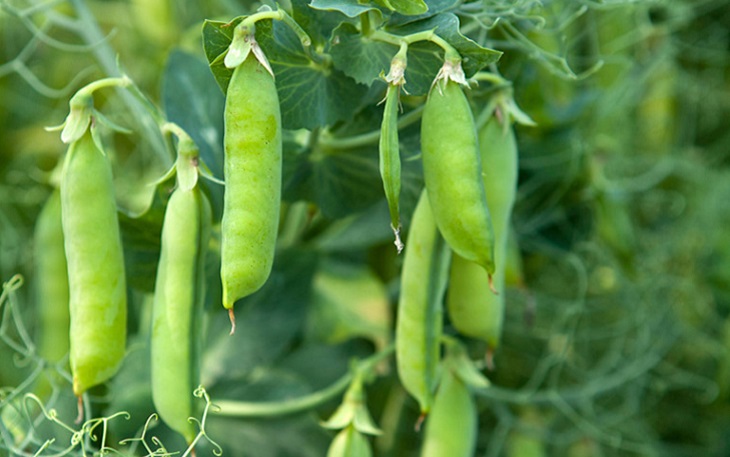
Garlic: It is recommended to avoid storing garlic in the refrigerator as it can lead to rapid sprouting and a loss of its fresh flavor.
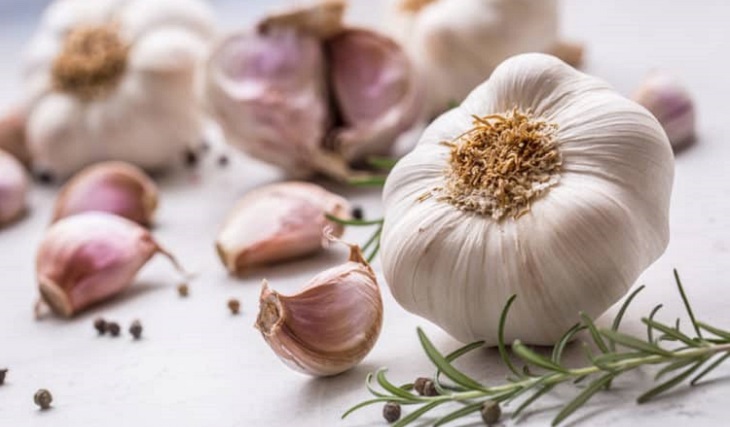
Sweet potatoes: It is not recommended to store sweet potatoes in the refrigerator. To preserve their freshness, store them in a cool and dry place away from direct sunlight at room temperature for up to one week.
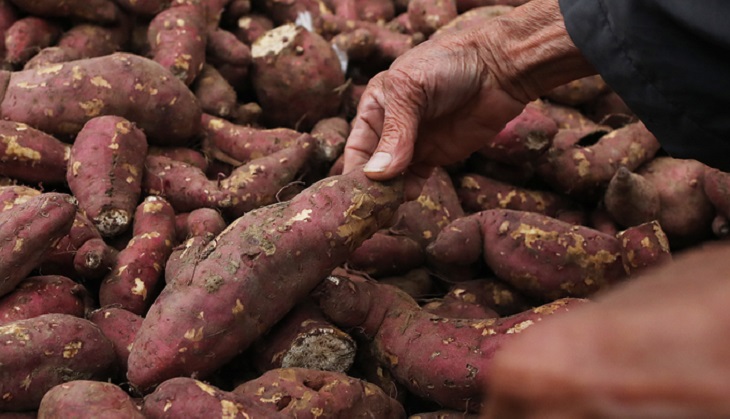
Red chili peppers: It is recommended to store them in a cool location and use them promptly, avoiding prolonged storage. These fruits have a high water content and if refrigerated for too long, they may develop black spots, become soft, and lose their delicious taste.
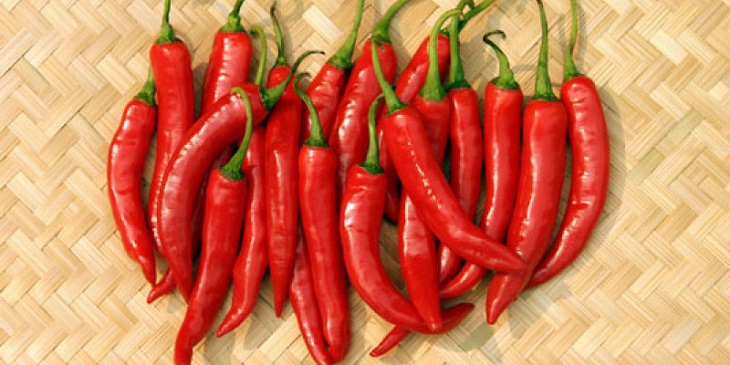
Removing Withered Parts From Vegetables Instead of Cutting Into Pieces
Here are a few important considerations to keep in mind when storing vegetables and tubers in your refrigerator:
Inspect and Remove Damaged Sections of Vegetables and Tubers: It is important to thoroughly examine vegetables and tubers for any signs of infestation or spoilage. By promptly identifying and removing these damaged sections, you can prevent the spread of harm to other parts of the produce.
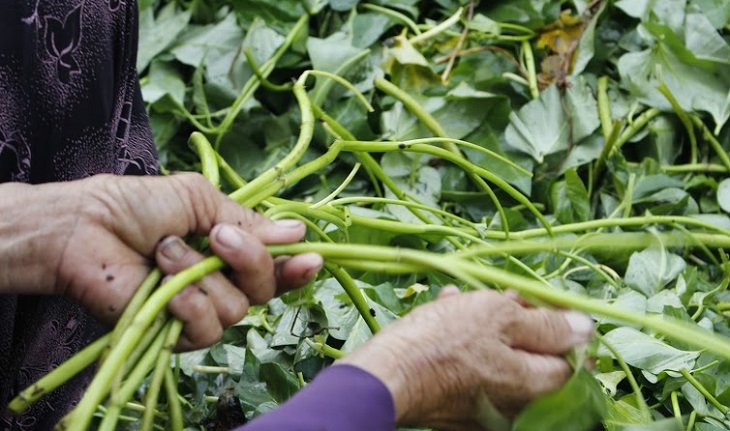
Proper handling of vegetables and tubers: It is important to avoid washing or cutting vegetables and tubers into small pieces as this can negatively impact their freshness and nutritional value. Washing these items removes their natural protective layer and increases the likelihood of spoilage. Similarly, cutting them into smaller pieces depletes essential nutrients and provides favorable conditions for bacterial growth.
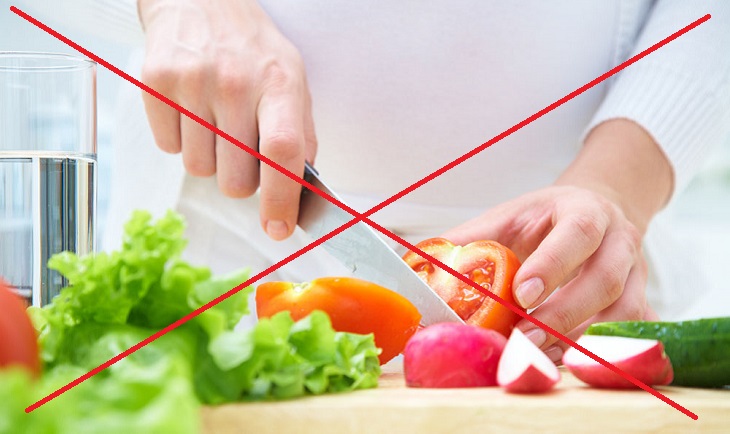
What Is the Ideal Temperature for Exercising in Hot Weather?
When storing vegetables and tubers in the refrigerator, it is important to ensure that the temperature of the refrigerated compartment is set appropriately. Ideally, the temperature should be set between 3-9 degrees Celsius for optimal preservation. If the temperature is too low or too high, it can lead to faster spoilage of the vegetables and tubers. Therefore, it is crucial to maintain the recommended temperature range to extend the freshness and quality of your produce.
Standard refrigerators typically feature a designated compartment for storing vegetables and tubers, which is optimally positioned at the bottom of the refrigerator compartment. Placing your produce in this specific compartment is advised for optimal preservation efficacy.
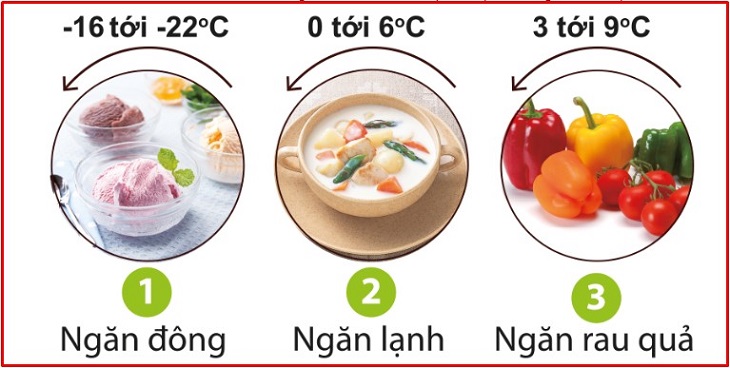
Decrease Food Preservation Time
It is important to be mindful of the recommended storage duration for vegetables and tubers. Based on experience, it is advised to only keep them in the refrigerator for a maximum of 3 to 4 days. Ideally, if you have the means to visit the market daily, it is best to purchase an amount sufficient for your immediate needs to ensure that you always have fresh produce available for consumption.
It is advisable to store unused tubers in a perforated plastic bag and refrigerate them for a maximum of 2 days. Vegetables such as turnips, carrots, and cabbage can be kept in the refrigerator for up to 10 days.
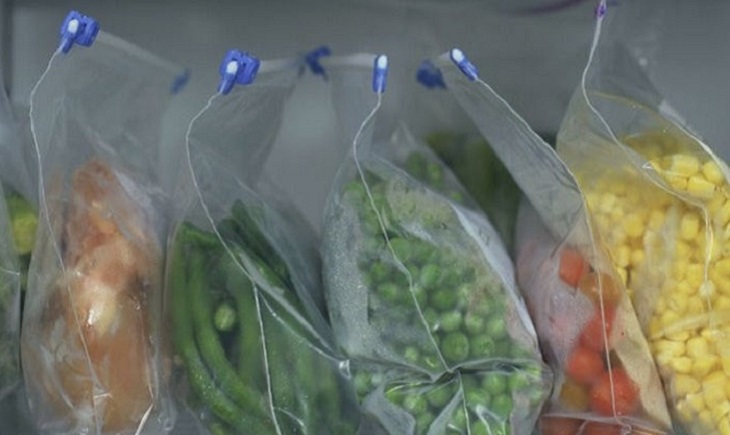
Quick and Easy Solutions to Get Rid of Unpleasant Odors
Certain vegetables such as onions and shallots can emit an unpleasant odor, which may affect the environment inside your refrigerator. To mitigate this issue, it is recommended to place an open box of baking soda in the refrigerator. Over time, typically after about a week, it is advisable to remove the box and discard any bloated powder that might have accumulated on top. This simple method ensures optimal effectiveness in neutralizing any unwanted odors.
